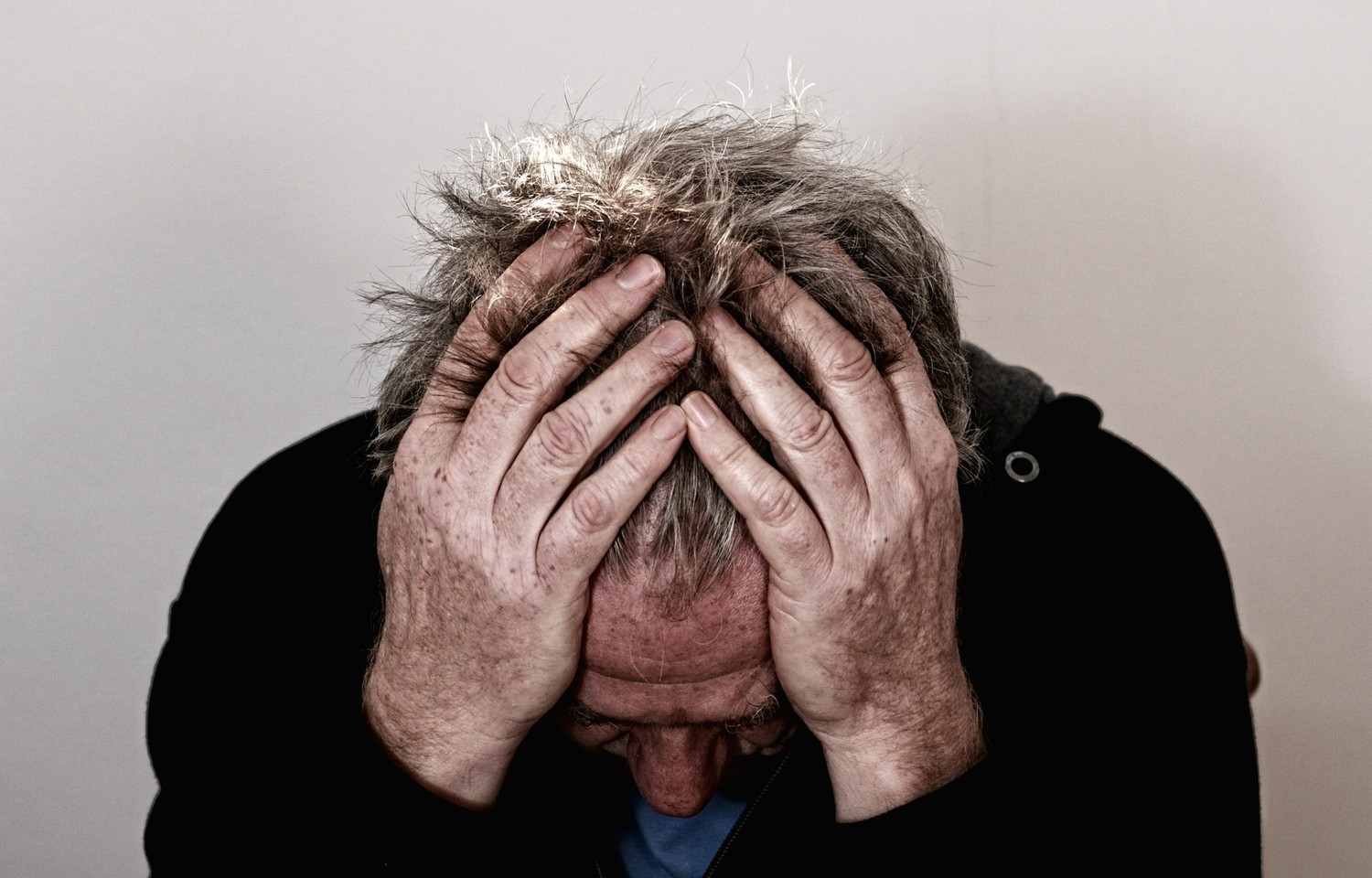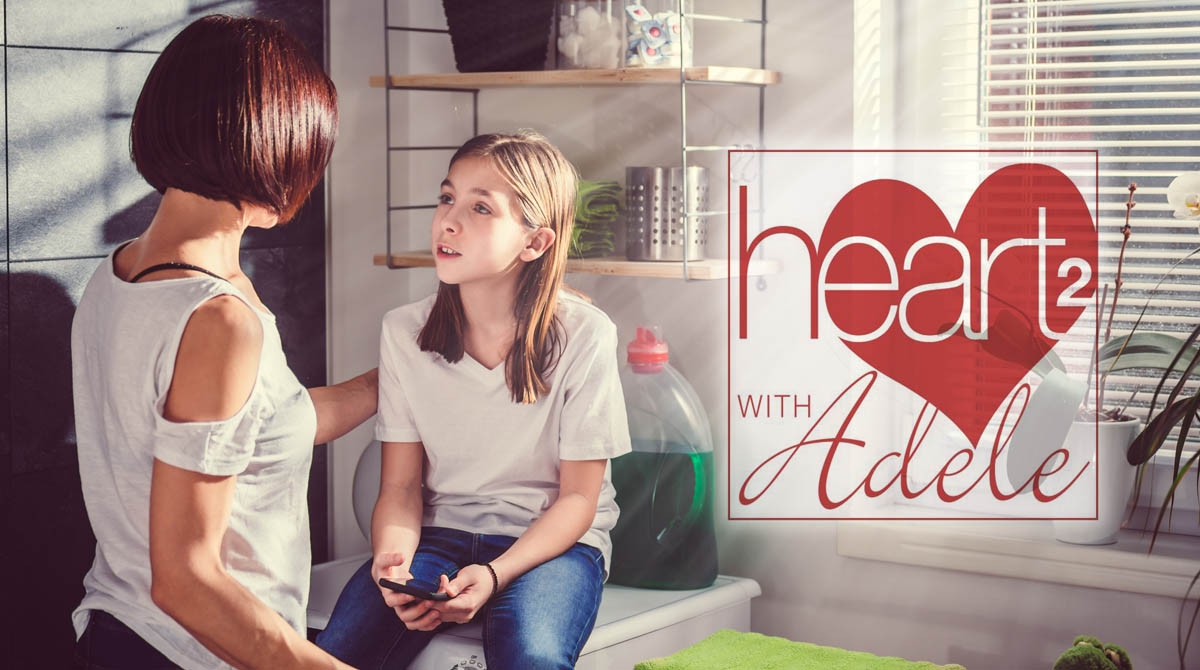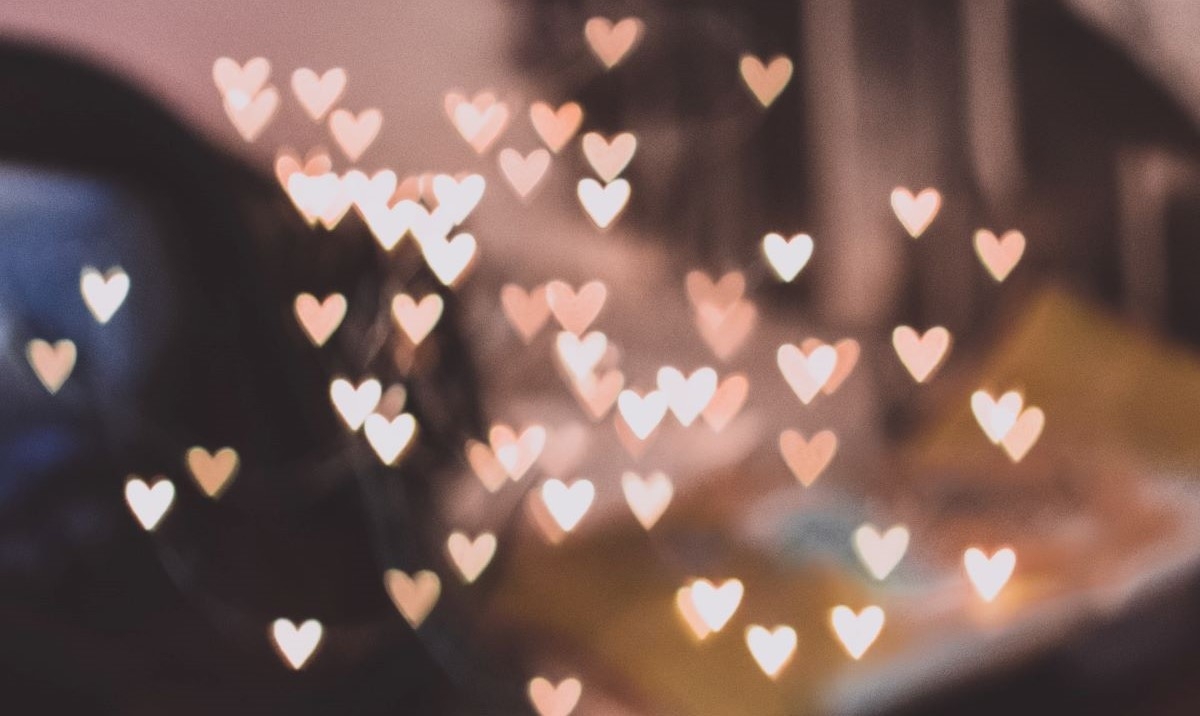
Generation Panic: Why Millennials are the Most Anxious Generation
You know the feeling when your brain has too many tabs open? No? That saying resonates with so many young professionals, so much so that it’s become part of the generational humour. I have come across so many articles claiming that millennials are the most anxious generation in history. A baby-boomer will retort that it's all because of our smartphones and yes, our lifestyle is a perpetual cycle of constant exposure to technology, lack of sleep, lack of income and high expectations.
Every generation claims during their times, things were a lot harder. As a young professional wrapping up post secondary education and setting foot into my career I’ve heard it all: Save your money! Get a degree that Actually matters! Followed by life advice that cannot be applied nowadays. Now before you start with “Back in my day…” new research from Forbes demonstrates that stress levels amongst millennials has risen. At least 12% of millennials have been diagnosed with anxiety disorder – double the percentage of baby boomers – while 30% of working millennials have general anxiety, and for students, 61% have frequent anxiety attacks.
Social, political and economical challenges are creating uncertainty especially with amidst rapid technological innovation. By the time millennials complete their post-secondary education, the job market is meager, and that’s whether you’ve studied engineering or arts. Universities are encouraging students to pursue graduate studies since employers are asking for more. Nowadays, an entry level job requires at least 3 to 5 years of experience in addition to one's undergraduate degree, a requirement that befuddles most recent grads.
That being said, many graduates do find a comfortable position to sustain themselves and pay off their student loans, but our system pushes millennials and upcoming generations to work more for less. With the threat of tuition hikes every so often and balancing at least two part time jobs on minimum wage, millennials are overworked and burnt out.
The socio-economic pressures are conducive to spike mental health disorders amongst millennials. The generational lifestyle is very much “me” centered which also induces anxiety through materialistic and individualistic pressures. The baby-boomers are right in some way that our smartphones might be to blame as social media attachment emphasizes personal entitlement instead of civic responsibility. Our focus is on our wants and gratifications with mounting tension to compete.
Neoliberal meritocracy is prevalent in our culture, instilling a drive to strive, perform and continuously achieve through unrealistic educational and professional expectations. The tuth is that the formula is not so simple. In today’s world, we cannot simply go to school, get a job, buy a house and start a family. Instabilities have become part of our lives, in our finances, careers and relationships. The leading cause of this so-called millennial anxiety is not due because we didn’t get the right degree or we’re addicted to our phones. Evidence explains that millennials have lower employment rates, carry a hefty burden of student debt, and simply cannot afford a house in this climate.
As a young professional living with chronic anxiety, I am stuck questioning myself, convincing myself that nothing will work out, and creating plan Bs and Cs. Anxiety is debilitating and exhausting. In this day and age, we overwork ourselves and we still feel like we’re not enough. The best tip of all is to take a step back. Take a step back even if you’re failing that class, even if your relationship isn’t working or you feel worthless. The truth is adulthood doesn’t show up as a Eureka! moment. I’m always told I work too much and don’t sleep enough and it’s true. I get lost every now and then and anxiety proliferates its roots into those moments.
Take a breath and take your time. Student loans will probably follow you for a while but do get your extra snoozes, stop tweeting about self care and take the day off before your anxiety literally tells you that you can’t even. Because there’s still time.









